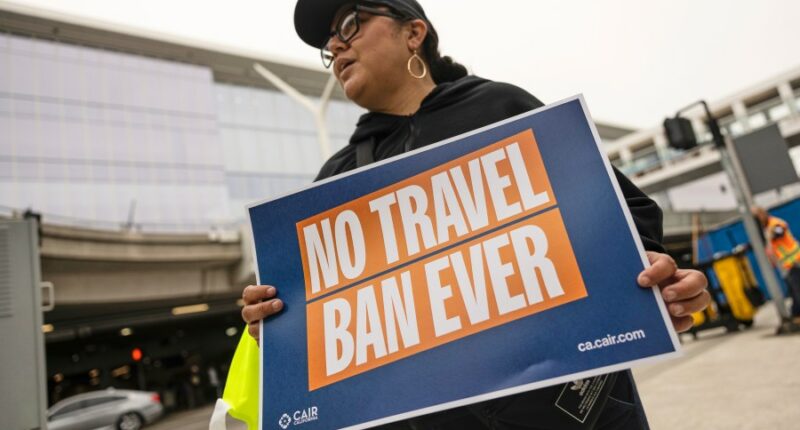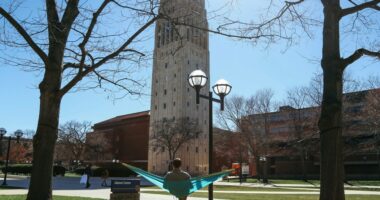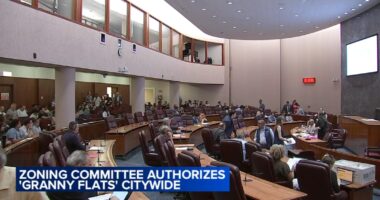Share this @internewscast.com

A federal judge has prohibited the Trump administration from applying its travel ban to prevent 80 already-vetted refugees from entering the United States.
On Monday, U.S. District Judge Jamal Whitehead in Seattle ruled that President Donald Trump’s June order, which bans people from 12 countries from entering the U.S., “expressly states” that it does not affect individuals seeking refugee status.
This order, named “Proclamation 10949—Restricting The Entry of Foreign Nationals to Protect the United States from Foreign Terrorists and Other National Security and Public Safety Threats,” includes a clause specifying that its provisions should not be interpreted to restrict an individual’s ability to pursue asylum, refugee status, withholding of removal, or protection under the CAT, in accordance with U.S. laws.
In his ruling, Whitehead said “by its plain terms, the Proclamation excludes refugees from its scope.”
Barring refugees from entering the U.S. would limit their ability to seek refugee status and therefore run counter to the Republican president’s order, the judge added.
He ordered the administration to immediately resume processing 80 “presumptively protected refugees” that were rejected based on the travel ban.
The State Department did not immediately have comment Tuesday.
Whitehead also laid out a process for the government to vet refugees from the countries covered by the travel ban and other countries who were denied entry when the president suspended the nation’s refugee admissions program within hours of taking office on Jan. 20.
The decision left thousands of refugees who had already gone through a sometimes years-long vetting process to start new lives in America stranded at various locations around the world, including relatives of active-duty U.S. military personnel and more than 1,600 Afghans who assisted America’s war efforts.
Under a framework established by an appellate court, those refugees should be admitted if they had previously been cleared for travel to the U.S., had arranged and confirmable travel plans and had taken steps such as selling property or giving up their home that showed a reliance on the U.S. government’s assurance of their refugee status.
The administration has previously said 12,000 people had been approved and booked for travel as refugees before it suspended the refugee program. Many of those cases will now have to be examined individually to see whether they meet the appeals court’s criteria for entry.
The lawsuit Whitehead is overseeing was filed in February by some individual refugees along with refugee aid organizations who said the administration froze their funding. The plaintiffs later asked the judge to make the case a class-action lawsuit so that the rulings could apply to other refugees facing similar circumstances.
Whitehead said the suspension likely amounted to a nullification of congressional will, since Congress created and funded the refugee admissions program. He issued a preliminary injunction barring the federal government from suspending refugee processing and refugee aid funding.
But the 9th U.S. Circuit Court of Appeals put most of that decision on hold in March, finding the administration was likely to win the case because the president has broad authority to determine who is allowed to enter the country. The appeals court later set out the criteria for admitting some of the refugees.
















